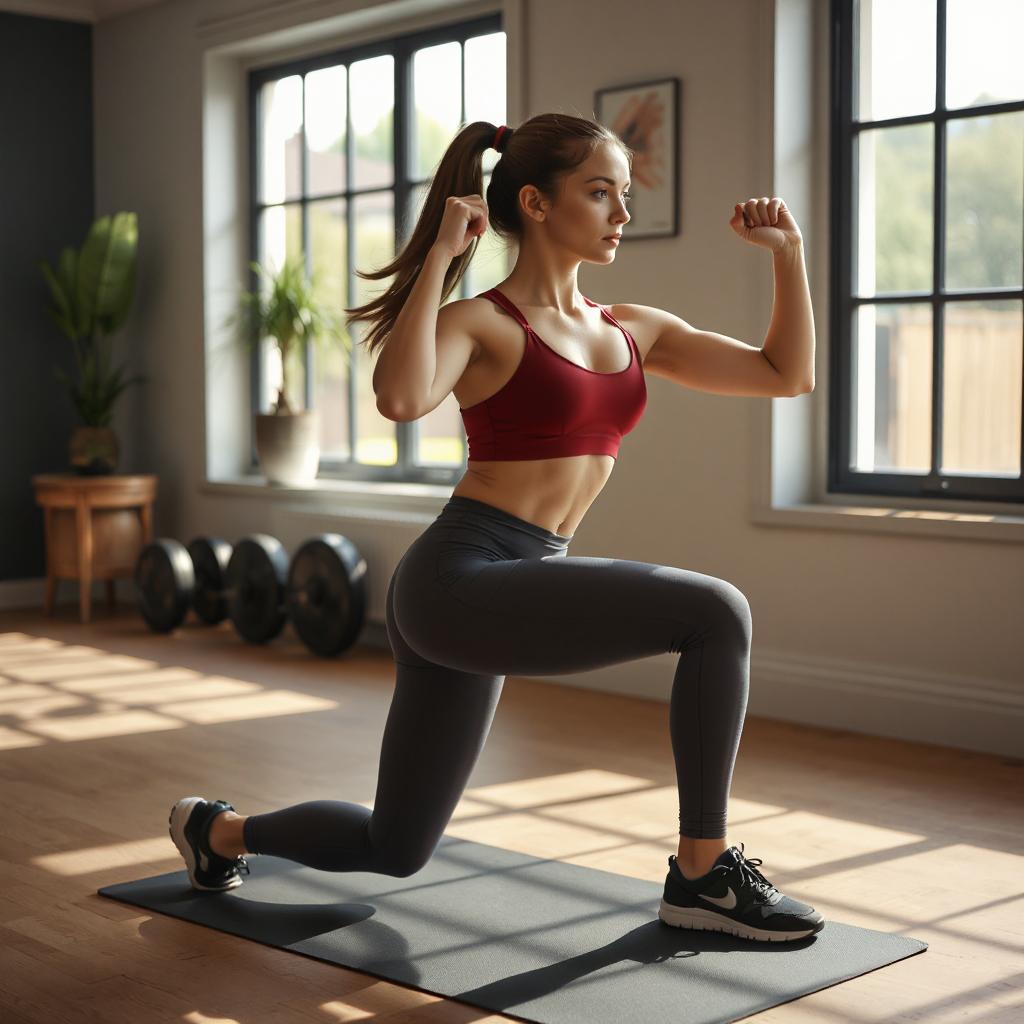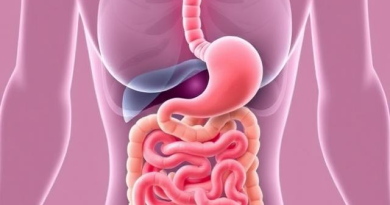The Benefits of Regular Exercise: Why You Should Move Your Body Every Day

Exercise is often hailed as the key to a long, healthy life. Whether you’re looking to improve physical fitness, mental health, or overall well-being, regular physical activity can have profound benefits. In this post, we’ll explore why exercising regularly should be part of your daily routine, the various benefits of exercise, and tips to make physical activity a regular habit.
Why Regular Exercise is Essential for Your Health
Exercise is vital for maintaining a healthy body and mind. It goes beyond just improving strength and stamina; regular physical activity can have a major impact on many aspects of your life, including your energy levels, mood, and overall quality of life.
The key benefits of regular exercise include:
- Improved Cardiovascular Health: Exercise strengthens the heart and improves blood circulation, reducing the risk of heart disease and stroke.
- Weight Management: Physical activity helps burn calories and build muscle mass, making it easier to maintain or reach a healthy weight.
- Stronger Immune System: Regular exercise boosts the immune system, making your body more resilient to illnesses and infections.
- Better Mental Health: Exercise has been shown to reduce symptoms of depression and anxiety, enhance mood, and promote relaxation.
- Enhanced Mobility and Flexibility: Moving regularly helps to maintain and improve your range of motion, flexibility, and joint health.
How Much Exercise Do You Need?
According to health experts, adults should aim for at least 150 minutes of moderate-intensity aerobic activity (such as brisk walking) or 75 minutes of vigorous-intensity aerobic activity (such as running) each week. This can be broken down into smaller sessions spread throughout the week.
In addition to aerobic exercise, adults should also engage in muscle-strengthening activities on two or more days per week.
The Different Types of Exercise
Not all exercises are the same, and it’s important to mix up different types of physical activity to reap the full range of benefits. Here are some of the most effective types of exercise to include in your routine:
1. Cardiovascular Exercise (Aerobic Activity)
Cardio exercises increase your heart rate and improve the efficiency of your heart and lungs. They’re great for burning calories and improving overall endurance.
Examples of cardio exercises:
- Walking or jogging
- Cycling
- Swimming
- Jump rope
- Hiking
2. Strength Training (Resistance Exercise)
Strength training helps build muscle mass and strengthen bones. It can also boost metabolism, as muscle burns more calories than fat at rest.
Examples of strength training exercises:
- Weight lifting
- Bodyweight exercises (push-ups, squats)
- Resistance band exercises
3. Flexibility and Balance Exercises
Stretching and flexibility exercises can improve range of motion, reduce muscle stiffness, and prevent injury. Balance exercises help prevent falls and improve coordination, especially as you age.
Examples of flexibility and balance exercises:
- Yoga
- Pilates
- Tai Chi
- Stretching routines
4. High-Intensity Interval Training (HIIT)
HIIT involves alternating between short bursts of intense activity followed by short periods of rest or low-intensity exercise. It’s an efficient way to burn fat and build strength in a short amount of time.
Examples of HIIT exercises:
- Sprints or high-intensity cycling
- Burpees or jump squats
- Circuit training
How Exercise Improves Mental Health
Physical activity isn’t just great for your body—it’s also excellent for your mind. Regular exercise has been shown to provide numerous mental health benefits, including:
- Reducing Stress: Exercise helps release endorphins, the body’s natural stress-relieving chemicals. A good workout can leave you feeling calm and relaxed.
- Combating Anxiety and Depression: Physical activity can reduce the symptoms of anxiety and depression. It promotes the production of serotonin, which can improve mood and emotional well-being.
- Improving Sleep: Regular exercise can help you fall asleep faster, experience deeper sleep, and feel more rested in the morning.
- Boosting Self-Esteem: As you get fitter and stronger, you’ll feel better about yourself. The sense of accomplishment from a regular exercise routine can increase confidence and self-worth.
How to Make Exercise a Daily Habit
Making exercise a part of your daily routine may seem daunting at first, but with a few simple strategies, it can become second nature. Here are some tips to help you stay consistent with your workouts:
1. Start Slow and Gradually Increase Intensity
If you’re new to exercise, start with low-impact activities, like walking or gentle yoga. Gradually build up your intensity and duration over time.
2. Set Realistic Goals
Setting small, achievable goals will keep you motivated. Whether it’s working out for 30 minutes a day or completing a specific number of workouts each week, having a clear goal will give you something to strive for.
3. Find an Exercise You Enjoy
The best way to stay consistent with exercise is to find an activity you enjoy. Whether it’s swimming, dancing, cycling, or strength training, choose something that makes you excited to move.
4. Make It a Routine
Schedule your workouts at the same time each day. By making exercise a non-negotiable part of your daily schedule, it becomes easier to stick with it.
5. Mix It Up
Variety keeps things interesting! Mixing different types of exercise will prevent boredom and help you target various muscle groups.
Conclusion: Get Moving for a Healthier Life
Exercise is one of the most effective ways to improve both your physical and mental health. Whether you’re looking to boost your energy, enhance your mood, or improve your overall well-being, regular physical activity should be a priority in your daily routine. Start small, find activities you love, and make movement a part of your life for a healthier, happier you.



